Is it possible to expect a change in the course of the oncological process in the case of elimination of the causative agent of the process in a patient with formed cancer?
Published in Cancer and General & Internal Medicine
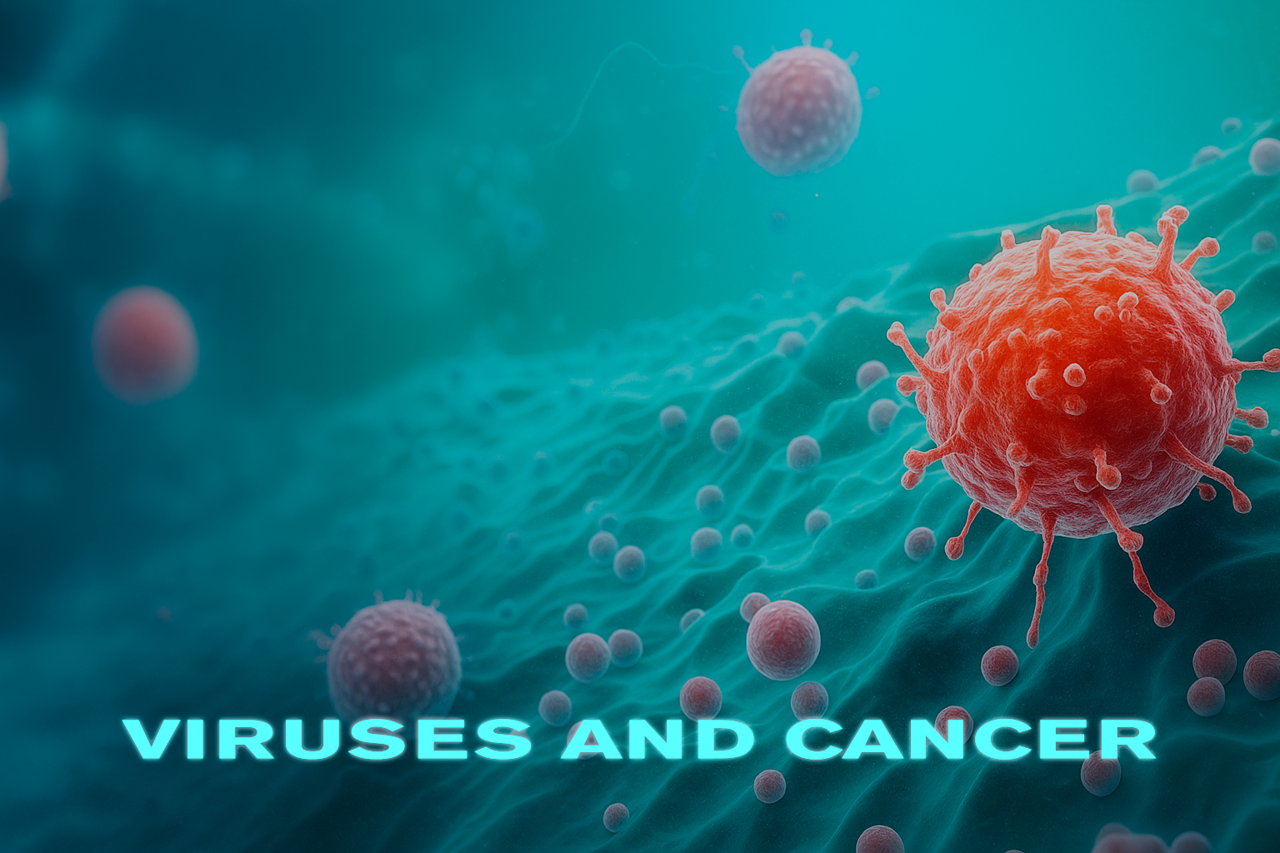
The role of DNA- and RNA-containing viruses in cancer development is well established. Preventive strategies targeting viral infections have demonstrated clear clinical benefits: vaccination against human papillomavirus (HPV) and hepatitis B virus (HBV) has significantly reduced cancer incidence, while antiviral therapy for chronic hepatitis B and C improves outcomes in hepatocellular carcinoma and is reflected in current clinical guidelines.
In contrast, the potential role of SARS-CoV-2 in oncologic processes remains insufficiently explored. Although SARS-CoV-2 is primarily recognized as the causative agent of COVID-19, accumulating evidence suggests that the virus may persist in the human body for extended periods. Experimental and clinical studies indicate that SARS-CoV-2 can modulate immune responses, activate intracellular signaling pathways, and contribute to a pro-oncogenic microenvironment — mechanisms that overlap with established pathways of carcinogenesis.
Despite these observations, there are currently no published data addressing the use of information-based diagnostic approaches for detecting SARS-CoV-2 persistence in cancer patients, nor studies evaluating whether targeted elimination of the virus could influence disease course in individuals with established malignancies such as rectal cancer. Existing oncologic therapies — including surgery, chemotherapy, radiotherapy, and immunotherapy — primarily target tumor tissue, while viral persistence as a potential contributing factor remains largely unaddressed.
Aim of the research
The aim of this study is to conduct a clinical trial evaluating the capabilities of information-based diagnostic methods for detecting SARS-CoV-2 persistence in patients with stage II–III rectal cancer, followed by targeted antiviral intervention prior to the initiation of standard oncologic treatment protocols.
Diagnosis of viral involvement is based on a non-invasive approach that measures electrical conductivity at selected acupuncture points on the body surface. Therapeutic intervention is performed using a device that transmits drug-related information signals to the patient, without direct pharmacological administration.
Study design
Patients with confirmed stage II–III rectal cancer undergo medicament testing using an electropuncture diagnostic system. The tested substances include a nosode of RNA polymerase (C30 dilution), Ribavirin (200 mg tablets), and Dexamethasone (0.5 mg tablets). Acupuncture points are selected based on tumor localization, potential metastatic pathways, and lymphatic duct and node involvement.
Patients demonstrating a positive diagnostic response proceed to exposure using the information-transfer device, into which Ribavirin (200 mg) is placed. The device is sequentially positioned over anatomical projections corresponding to the acupuncture points that demonstrated responsiveness during testing.
Expected outcomes
Targeted elimination of viral persistence may influence the oncologic process, including tumor progression and metastatic behavior, and could potentially reduce the risk of disease recurrence. This study is based on the hypothesis that persistent viral activity may act as a modifying factor in cancer evolution, and that addressing this component could complement conventional oncologic treatment strategies.
References
https://www.isrctn.com/ISRCTN12078175
Follow the Topic
-
ISRCTN: The UK’s Clinical Study Registry

A primary clinical trial registry recognised by WHO and ICMJE that accepts studies involving human subjects or populations with outcome measures assessing effects on human health and well-being, including studies in healthcare, social care, education, workplace safety and economic development.
Ask the Editor – Inflammation, Metastasis, Cancer Microenvironment and Tumour Immunology
Got a question for the editor about inflammation, metastasis, or tumour immunology? Ask it here!
Continue reading announcement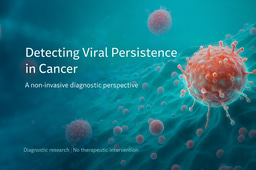
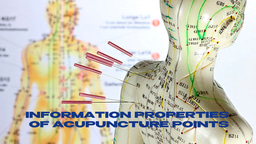
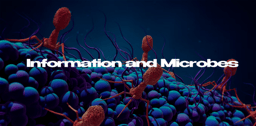
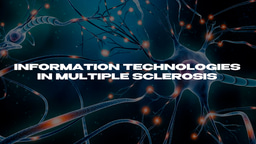
Please sign in or register for FREE
If you are a registered user on Research Communities by Springer Nature, please sign in